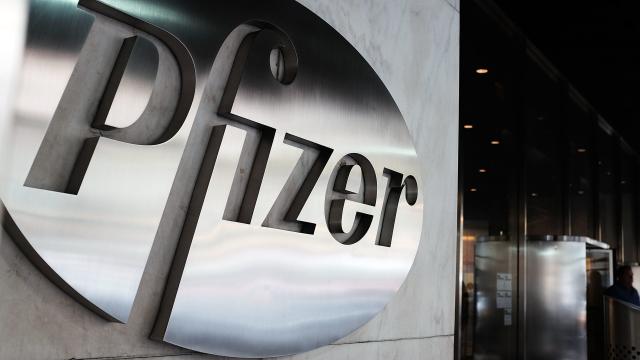Pfizer, one of the world’s largest drug companies, announced over the weekend that it would stop work on new drugs to fight Alzheimer’s disease and Parkinson’s disease. The reason? Pfizer believes that research on the two diseases doesn’t make sense financially.
Pharmaceutical research and development is notoriously expensive. And high-risk research doesn’t make a good business case when you’re raking in an easy $2 billion per year on stuff like boner pills. Once-promising trials to fight both Alzheimer’s and Parkinson’s in the past decade have yet to uncover a cure – or any mode of prevention – despite expectations that they might be just around the corner.
Pfizer said that the money saved on Alzheimer’s and Parkinson’s disease R&D will be used in other places and that it will still be investing in research for other rare neurological diseases. But that will likely be cold comfort to families struggling with Alzheimer’s and Parkinson’s.
“Our overall R&D spend remains the same at this time and is at the high end of our industry peers. This was an exercise to re-allocate [spending] across our portfolio, to focus on those areas where our pipeline, and our scientific expertise, is strongest,” Pfizer said in a statement.
Gizmodo asked Pfizer how much the company was spending annually on research to combat Alzheimer’s and Parkinson’s but Pzifer replied that it doesn’t break down its R&D numbers by therapeutic area.
Roughly 5.5 million Americans suffer from Alzheimer’s disease, which causes memory loss and cognitive decline, and it’s currently the sixth-leading cause of death. By 2050, that number is expected to grow to 13.8 million Americans. More than 50,000 Americans each year are diagnosed with Parkinson’s disease, which affects a person’s ability to control their body movements.
The United States spent roughly $330 billion on health care expenses related to Alzheimer’s disease alone in 2017, with Medicare and Medicaid covering about 67 per cent of that money. But even that whopping number hasn’t persuaded Pfizer to stay in the race to find a cure.
Pfizer, which posts revenue of over $64 billion per year, is expected to lay off about 300 people in Massachusetts and Connecticut in the move away from neuroscience discovery and early development research.
“Any decision impacting colleagues is difficult; however, we believe this will best position the company to bring meaningful new therapies to market, and will bring the most value for shareholders and patients,” Pfizer said.
“We are thankful for the contributions of our colleagues who have supported our neuroscience portfolio and are committed to supporting them during this transition.”
